The venture arms of Samsung and Verizon Ventures, along with Comcast, are among the strategic investors backing startup Light Field Lab and its glasses-free holographic displays in a $28 million Series A funding round
Bosch Venture Capital and Taiwania Capital led the funding round, which is exactly four times the size of the $7 million round the company closed in Jan. 2018. Liberty Global Ventures (the investment arm of Liberty Media), NTT Docomo Ventures, HELLA Ventures, Khosla Ventures, Alumni Ventures Group, R7 Partners, and Acme Capital also participated.
- Don't Miss: Hands-On with the Looking Glass Pro, An Easy Alternative to AR for Interacting With Virtual Content
Light Field Lab's display technology is capable of projecting high-resolution 3D content without wearables, powered by the company's software platform designed to deliver content to its hardware. The funding will enable Light Field Lab to evolve its holographic display prototypes into marketable products, starting with video walls for entertainment complexes and special events, and eventually scaling down to consumer products.
"Light Field Lab's holographic display technologies enable entirely new business opportunities across consumer and enterprise markets," said Ingo Ramesohl, the managing director of Bosch Venture Capital, in a blog post. "Light Field Lab has the leadership and technical expertise to bring this vision of the holographic future to life."

Light Field Labs traffics in glasses-free holographic displays similar to those offered by Looking Glass Factory (pictured).
The interest of Verizon and NTT Docomo comes via the potential growth via 5G networks, which supply the faster speeds and lower latency needed to display advanced 3D content in augmented reality.
"Verizon's new 5G network features the higher bandwidth, low latency, and speed/throughput to deliver next-generation content," said Kristina Serafim, an investment director at Verizon Ventures. "We're excited about our new Verizon Ventures investment in Light Field Lab as they bring such innovation to delivering content via next-gen networks through their displays."
And while Comcast and Liberty also have telecom interests, the companies also aim to profit from the content side of AR.
"Light Field Lab's holographic displays are the most exciting new technology we have seen in the entertainment space to date," said Ankur Prakash, the vice president of Liberty Global Ventures. "We are thrilled to meaningfully participate in their Series A and are well positioned to help them align with the industry's top content creators and accelerate holographic media distribution on next-generation networks."

In lieu of an example from Light Field Labs, we have this footage from Realfiction.
Meanwhile, Samsung, whose interest in augmented reality ranges from smartphones, to headsets and smartglasses, to mobile apps, and AR cloud platforms, is throwing money at AR left and right, having previously invested in AR displays from DigiLens and AR platforms through Niantic.
"The industry response has been extremely enthusiastic as evidenced by the strength of our investors," said Jon Karafin, the CEO of Light Field Lab. "We look forward to working with our syndicate of manufacturing, content creation, and distribution partners to uncover opportunities and alliances across a range of vertical markets as we take our technology to the next phase."
Although companies like Looking Glass and RealFiction are already demonstrating what holographic displays can do on the hardware side, Light Field Lab appears to have a leg up in that it has support from major players behind mainstream hardware and software ecosystems. With interest in its technology from the biggest US telecom and several leading tech companies, Light Field Lab may be a company to watch closely as the hunger for AR and 3D content continues to grow.
Cover image via Light Field Lab








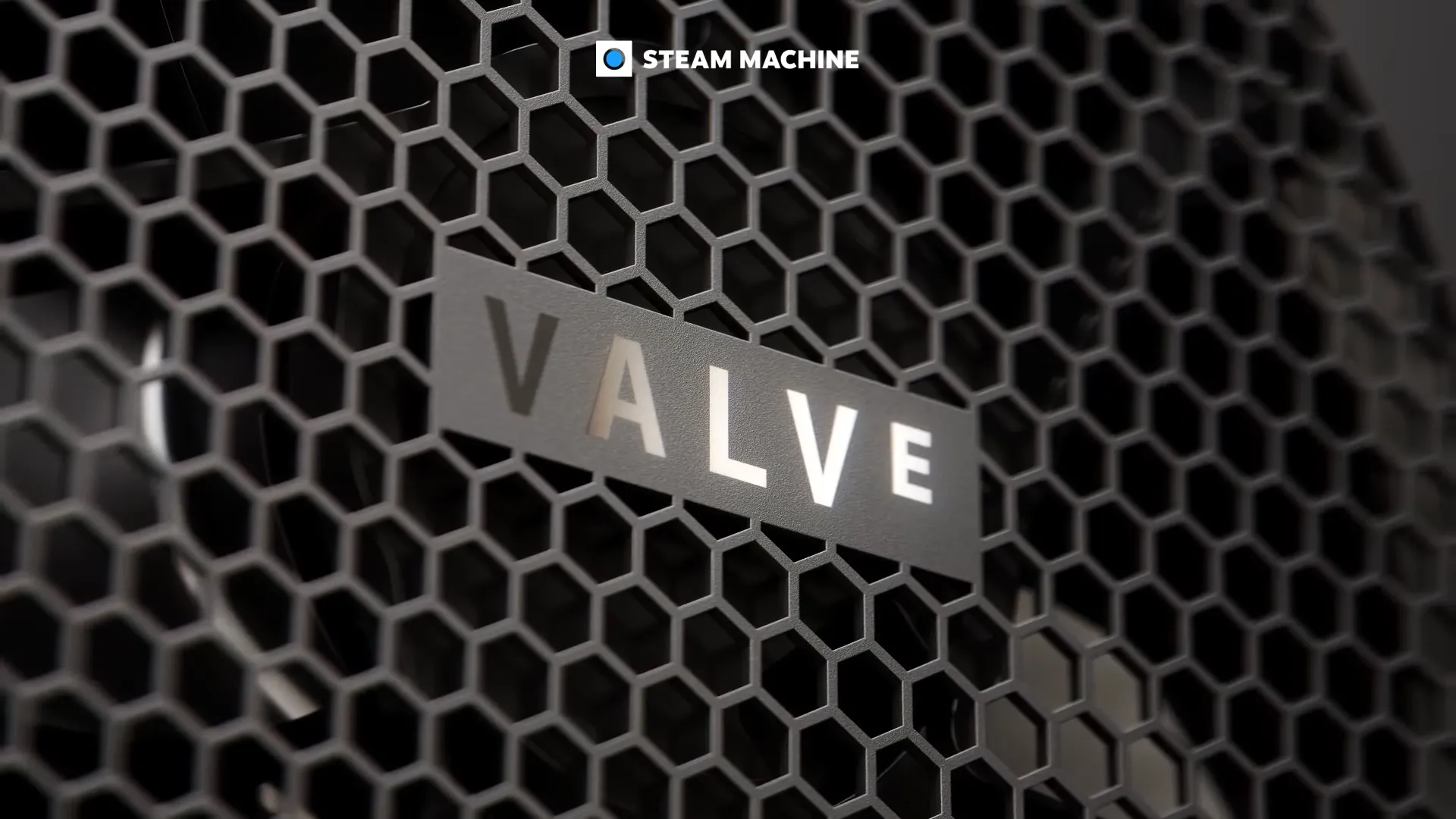
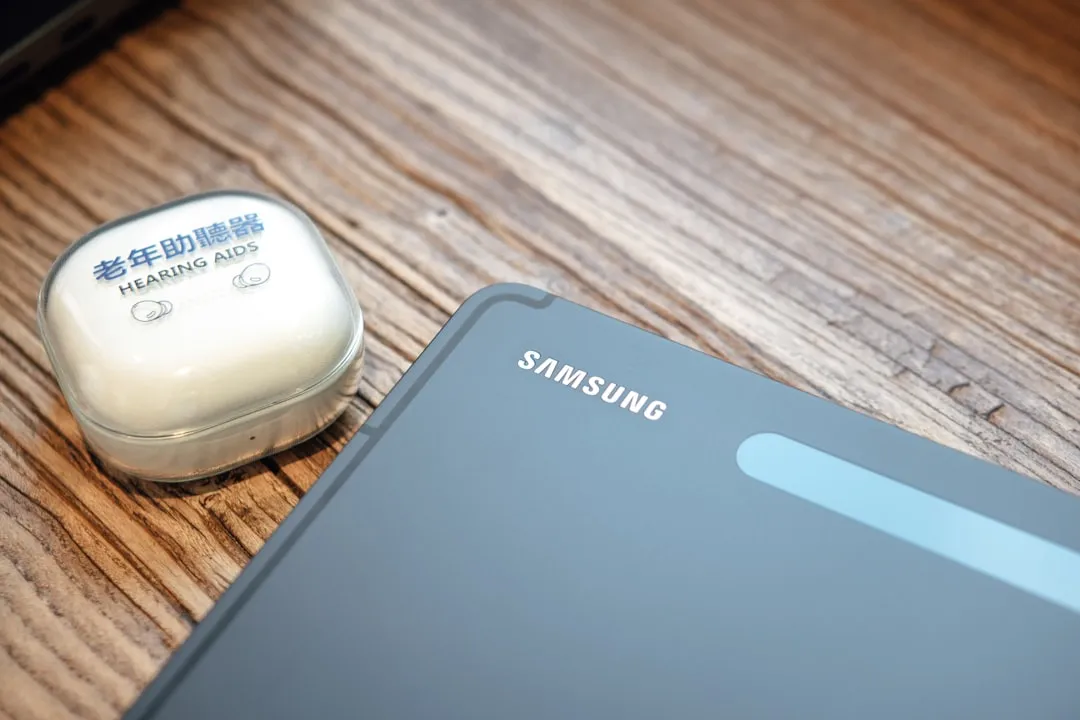
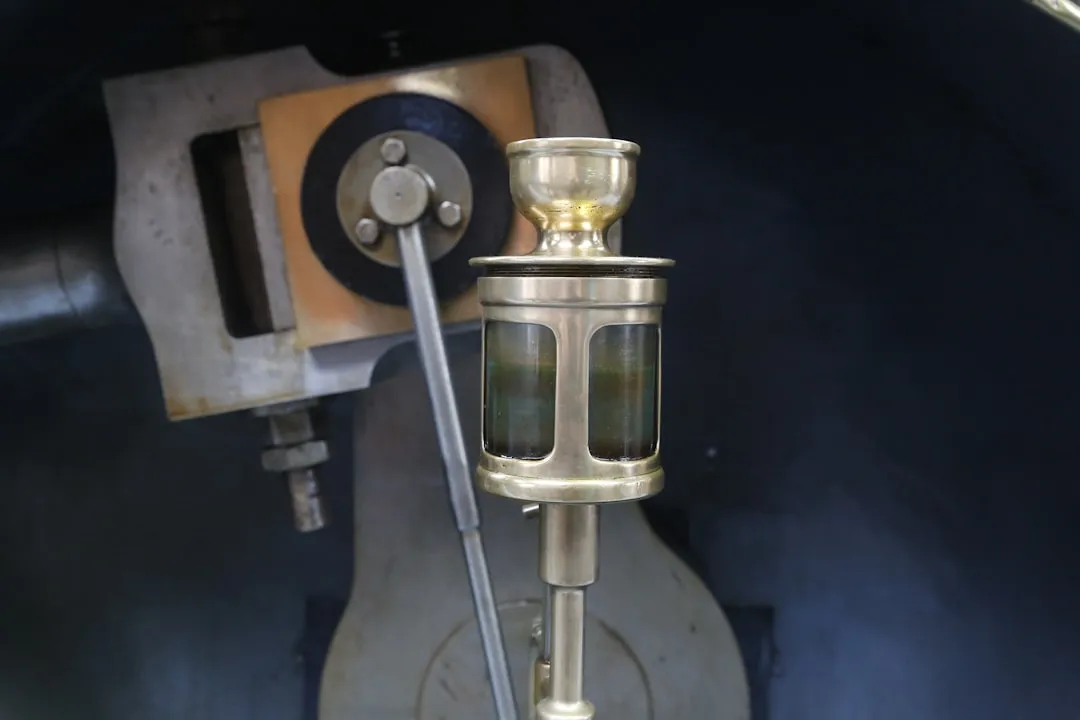



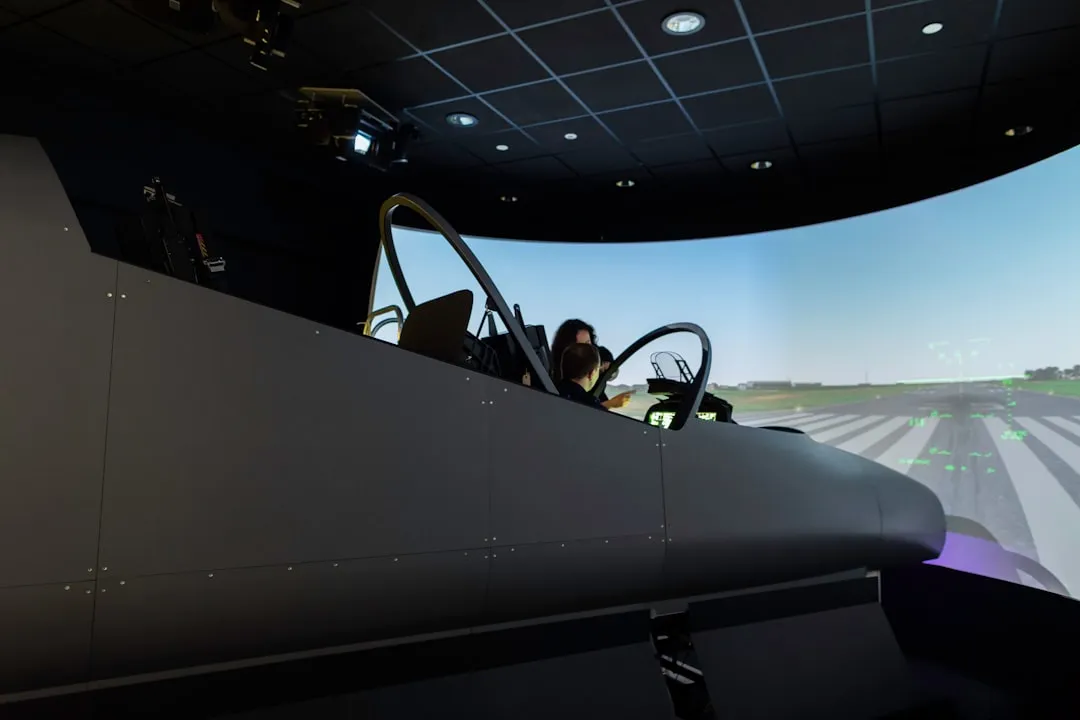


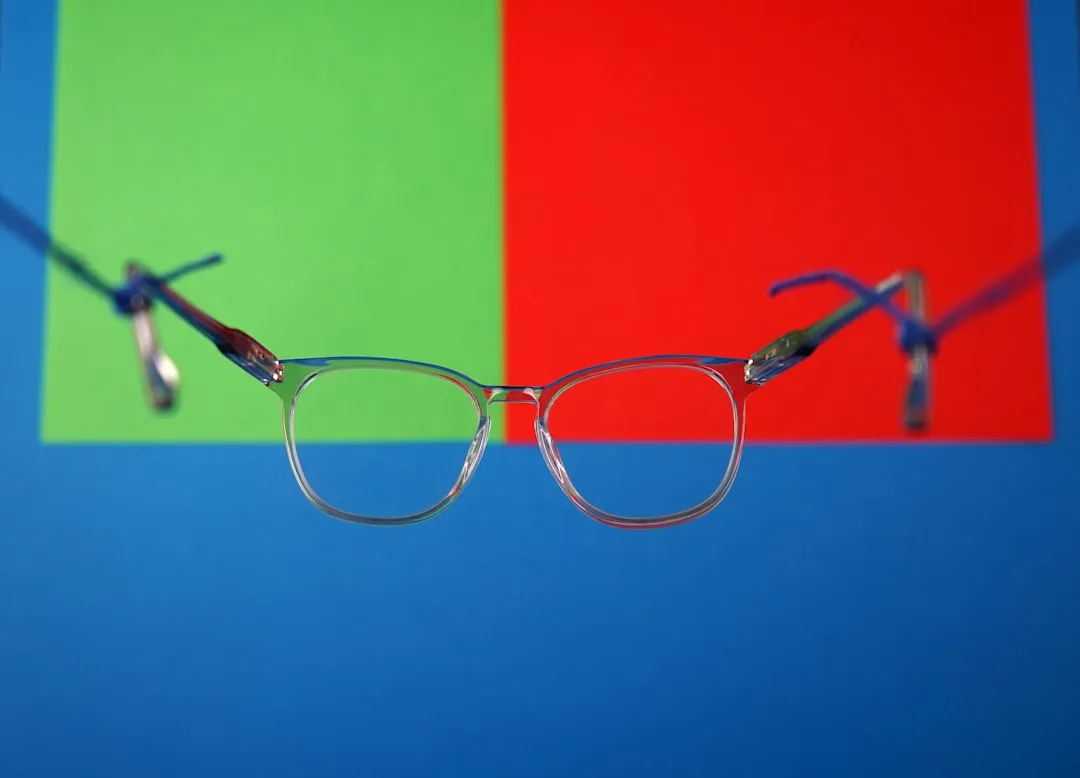




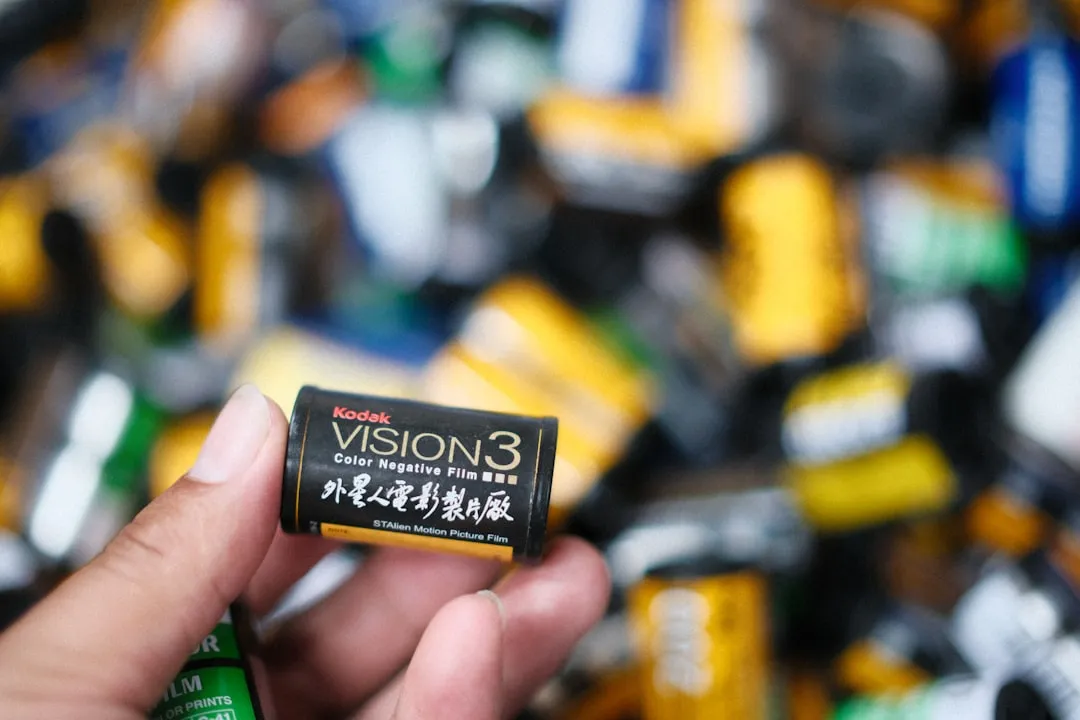
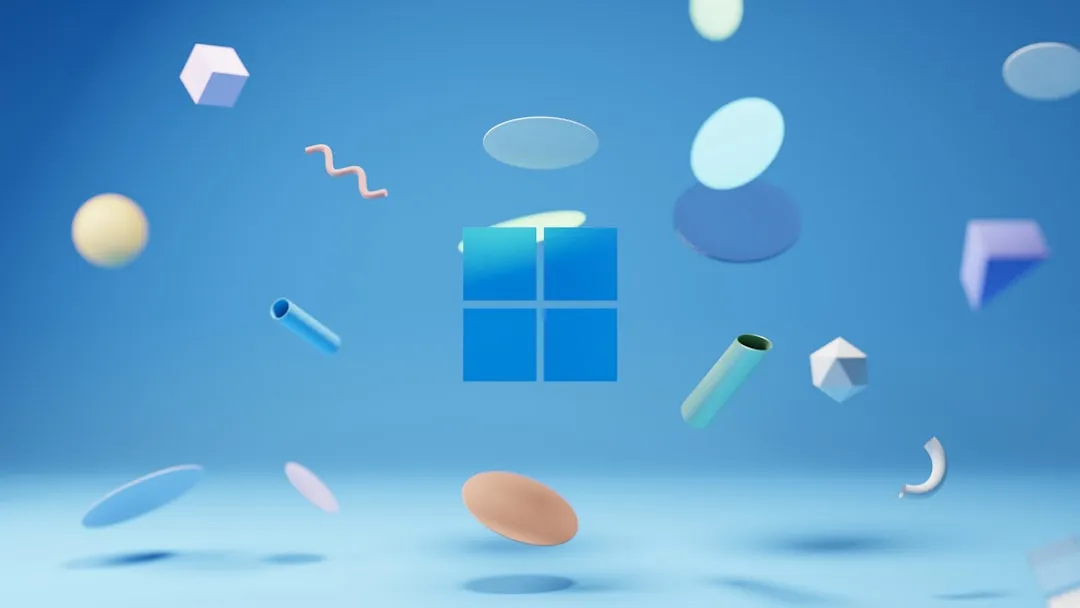
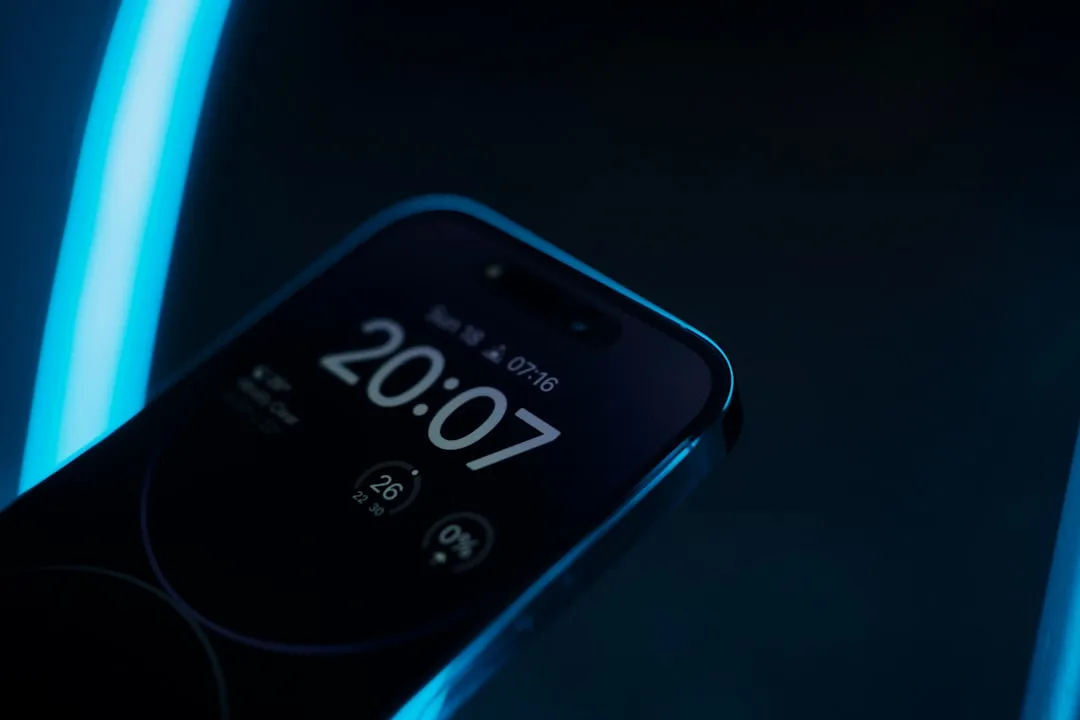
Comments
Be the first, drop a comment!